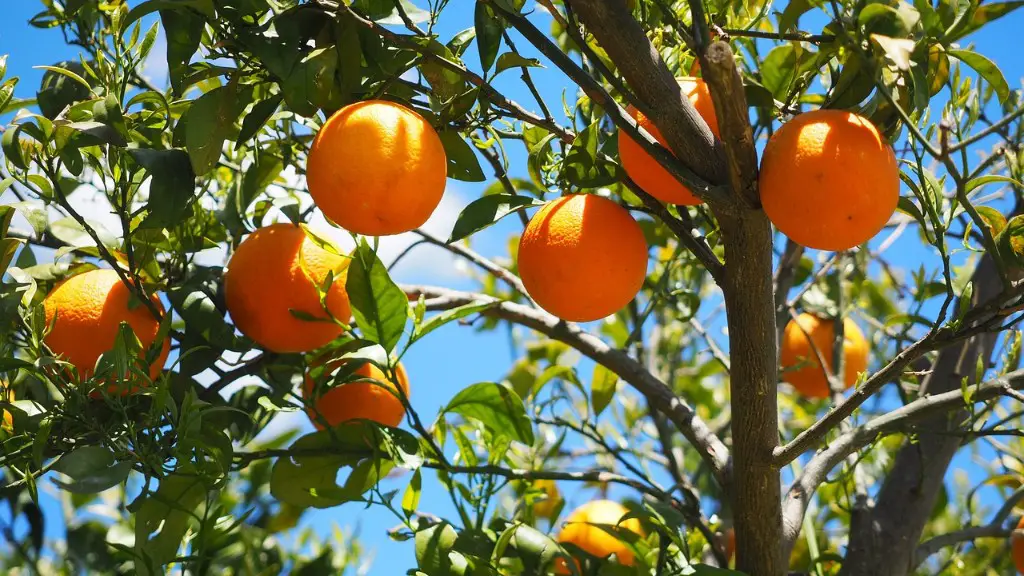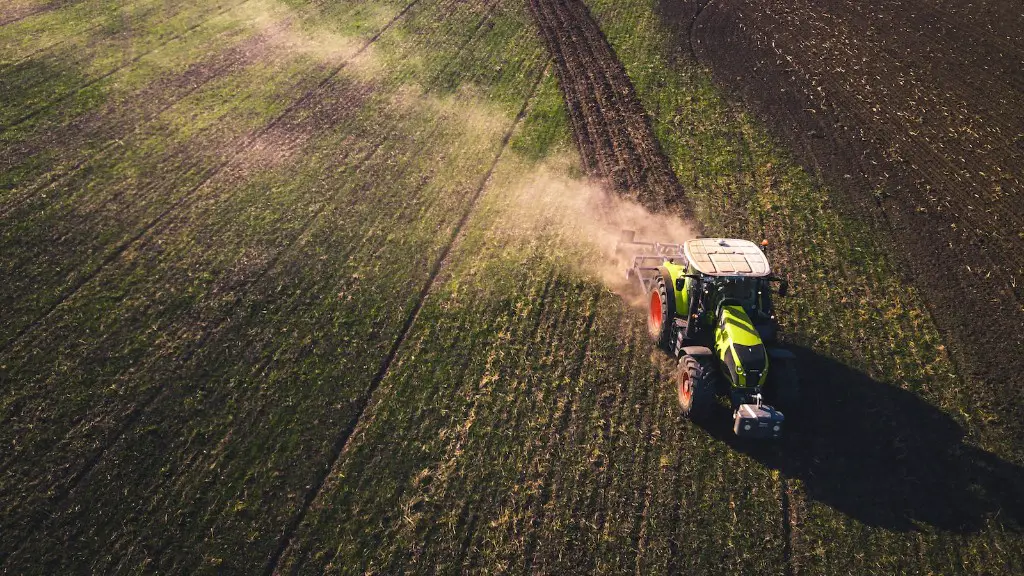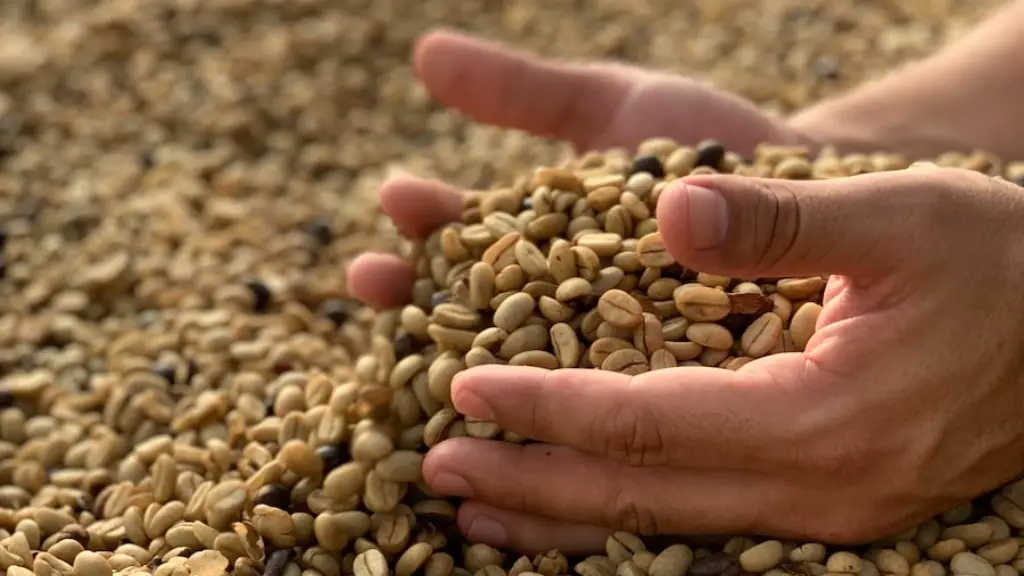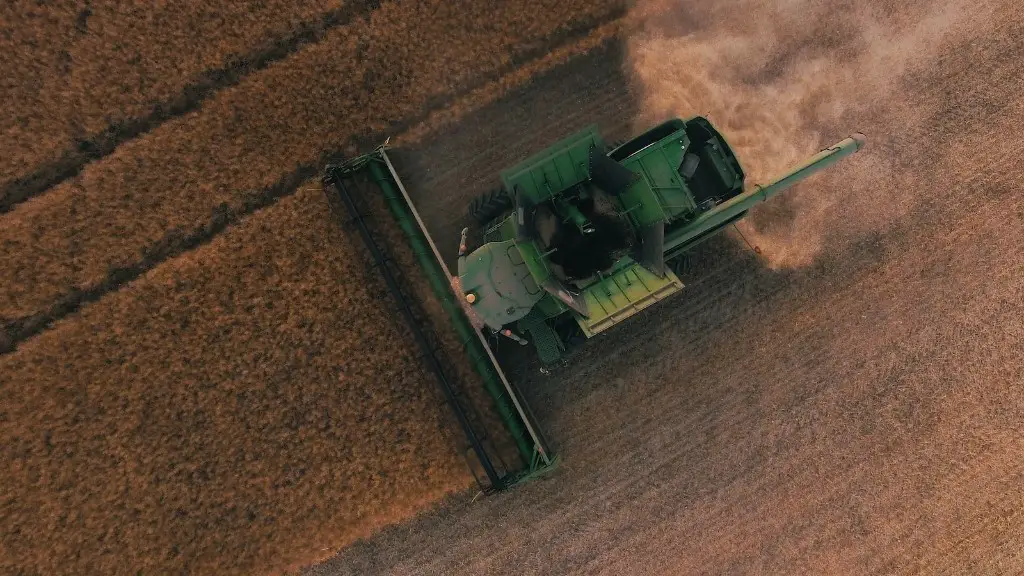Agriculture is an important sector in any economy and it is no surprise that those who work in it are in demand. Finding the right job in this sector can be a daunting task, as there are so many options available. However, with some information and guidance, finding the best job in agriculture can become a straightforward process. Some of the job opportunities in agriculture include farm workers, agricultural scientists, agriculturists, plant breeders, and farm managers. In this post, we will discuss which job is best for someone looking to work in agriculture.
Farm workers are the most common job in agriculture as they are mainly responsible for the day-to-day operations of the farm. They perform various physical tasks, such as planting and harvesting crops, tending to livestock, and maintaining the farm machinery. Farm workers can also be responsible for keeping records and performing general maintenance on the farm. Working as a farm worker can be quite labor-intensive, but it can also be rewarding and fulfilling.
Agricultural scientists work in the laboratory and conduct research to understand the science behind agriculture. They can also provide technical advice to farmers and agronomists regarding the choice of crops, soil composition, and the use of pesticides and fertilizers. Agricultural scientists have a good understanding of plant biology and soil science, which makes them well-suited for this job. They may also need to be familiar with the use of modern farming technologies.
Agriculturists work with farmers to develop and implement strategies to maximize crop yields and increase farm profits. This can include developing and testing new varieties of crops, adapting existing farming methods, and using various production technologies. Agriculturists must also be familiar with the soil, climate, and other factors that affect crop production.
Plant breeders work to develop new crops by cross-breeding different species and varieties. They may also need to understand how to select appropriate crops for an area and be aware of the factors which influence their growth. Plant breeders are also responsible for testing and evaluating new varieties of crops.
Farm managers oversee the operations of a farm. They must be familiar with a range of topics, from the management of animals, soil, and equipment to the legal aspects of running the farm. Farm managers are also responsible for the maintenance of the land, for maintaining records and for enforcing government regulations.
To determine which job is best for someone looking to work in agriculture depends on the individual’s strengths, skills, and interests. Different jobs in agriculture require different levels of experience, expertise, and dedication. Ultimately, the best job will be the one that fits the individual’s goals and interests.
Farm Workers
Farm workers are essential to the success of any farm, performing all of the physical operations related to caring for the land, animals and other farm equipment. Their jobs are labor-intensive and require strength, stamina, and the ability to work long hours outdoors in all types of weather conditions. Farm workers must have a basic knowledge of animal husbandry and livestock care. Additionally, farm workers must be familiar with the different types of crops, soil composition, and the use of appropriate fertilizers and pesticides. Farm workers must also be proficient at operating a variety of farm equipment, such as tractors and combines.
Farm workers need to be highly organized, with the ability to multitask in order to ensure that daily operations run efficiently and without delays. They must also be able to work as a team, following directions and complying with all safety procedures. Farm workers will be responsible for keeping accurate records and reports, as well as performing general maintenance on the farm.
Farm workers typically receive an hourly wage, depending on the specific job they are performing, with wage expectations to increase over time. Additionally, they may be able to receive benefits such as health and dental coverage and vacation pay. Farm workers may also be eligible for overtime and holiday pay.
Farm workers are integral to the success of any farm, and finding a suitable match for the job is essential for smooth operations. Farm workers should have the appropriate skill set and work ethic to ensure the success of the farm and its commodities.
Agricultural Scientists
Agricultural scientists are highly trained professionals who have a deep knowledge of agricultural sciences, providing invaluable insight for farmers and agricultural professionals into the intricate processes of crop production, soil science, and sustainable farming practices. They also work to develop new varieties of crops, analyze soil composition and climate data, investigate environmental issues, and maintain records of crop production and development.
Agricultural scientists typically need a master’s degree in a related field and may require additional certifications and qualifications specific to the job they are performing. They must have a comprehensive understanding of plant biology and soils, the ability to use sophisticated technologies, and the skills to design, conduct, and interpret scientific research. Agricultural scientists must also be able to work as a team and manage their own workload.
Agricultural scientists have a variety of career options, from government and private research positions to roles in field biology and crop production. They can also pursue higher levels of education and become post-doctorate researchers or college professors. Agricultural scientists typically receive an annual salary, with earning potential increasing as they gain experience and expertise.
Agricultural scientists are essential to the success of any farm, providing a deep understanding of the complexities of modern crop production. By working with farmers and agronomists, agricultural scientists can help to ensure that crops yield their maximum potential and that their environment is healthy and sustainable.
Agronomists
Agronomists are responsible for the management and application of agronomy principles on agricultural land. They collaborate with farmers to implement specific strategies to increase yield and enhance the performance of crops. Additionally, they inspect and evaluate existing crops, soil composition, and climate data in order to determine the best choices for future crops.
Agronomists generally need a bachelor’s degree in agronomy or a related field, such as soil science, crop science, or horticulture. They must also have a comprehensive understanding of soil fertility, crop production, and pest management. Agronomists must also possess strong communication, leadership, and problem-solving skills.
Agronomists are typically employed in the private sector, consulting on agricultural fields, providing advice on agronomy practices, monitoring research and development, and providing technical support. They may also work for government institutions or universities, in roles such as teaching or research positions. Agronomists typically receive an annual salary, with earning potential increasing as they gain experience and expertise.
Agronomists play an essential role in the success of any agricultural enterprise, as they are responsible for ensuring that the land is well cared for and produces the maximum yield with minimal environmental impact. By keeping up-to-date with advances in agronomy and environmental science, agronomists can ensure that crops are healthy, high-yielding and sustainable.
Plant Breeders
Plant breeders are responsible for researching and developing new varieties of crops and plants through cross-breeding and selection. They analyze existing plant varieties and select the traits which will produce the most desirable results when crossed with similar species. Plant breeders must be highly knowledgeable in the areas of plant genetics, biology, and soils in order to develop successful hybrids and varieties.
Plant breeders typically need a master’s degree in botany, horticulture, genetics, or a related field. They must also possess excellent observational and research skills, as well as be familiar with the use of various technologies and laboratory procedures. Plant breeders must be able to interpret data and results, as well as effectively communicate their findings to other agricultural professionals.
Plant breeders typically work in the private sector, either as consultants or research scientists. They may also be employed in universities or government institutions, teaching or working on research projects. Plant breeders usually receive an annual salary, with earning potential increasing with experience and additional qualifications.
Plant breeders are a vital part of any agricultural enterprise, as successful hybrids and varieties can be the difference between success and failure for a farm or crop. By utilizing their knowledge and expertise of plant genetics and biology, plant breeders can help to ensure that the crops grown are of the highest quality and yield the greatest profits.
Farm Managers
Farm managers are responsible for overseeing the day-to-day operations of a farm, managing finances, and maintaining records and reports. They must have a comprehensive understanding of soil science and crop production, as well as the legal aspects of running a farm. Additionally, farm managers must be familiar with a variety of farm equipment and knowledgeable in animal husbandry.
Farm managers typically need a bachelor’s degree in agriculture or a related field. They should also possess strong communication, organizational, and problem-solving skills. Farm managers must also be able to work as a team and adhere to all safety protocols.
Farm managers are employed in the private and public sectors, consulting on farms or managing their own agricultural operations. They may also be employed in a research or teaching role at a university or government institution. Farm managers typically receive an annual salary, with earning potential increasing with experience and additional qualifications.
Farm managers are essential to the success of any farm, as they are responsible for making sure that all operations run smoothly and efficiently. With their understanding of crop production, soils, and other diseases prevalent in the environment, farm managers can help to ensure that the farm produces its highest yield and meets the highest standards of quality.





